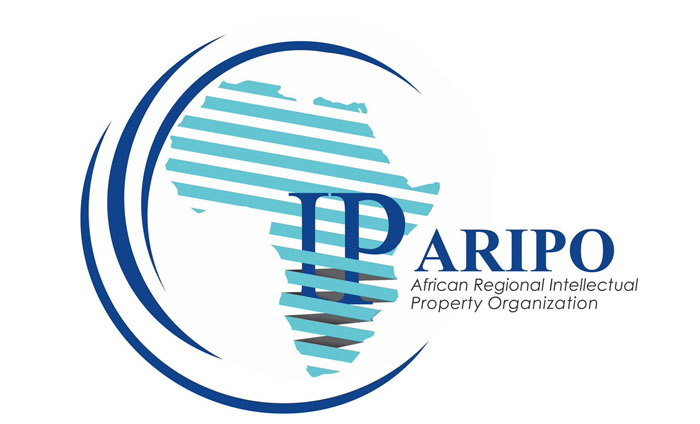
3rd ARUA’s Annual Distinguished Lecture at the University of Dar es Salaam.
- Home
- 3rd ARUA’s Annual Distinguished Lecture at the University of Dar es Salaam.
- Admin
- No Comments
3rd ARUA’s Annual Distinguished Lecture at the University of Dar es Salaam
On 29th August 2025, Prof. Saudin Mwakaje, a Partner at NexLaw was honoured to deliver the *3rd ARUA’s Annual Distinguished Lecture* at the University of Dar es Salaam. He delivered a thought-proviking discourse entiled: “Exploring the Intersections of Intellectual Property Rights (IPR) and Research Management: Options, Challenges, and Prospects for Universities in Africa.”
The discourse examined the increasing and pervasive role of intellectual property rights (IPR) in shaping societal development, with a specific focus on education and research. Informed by recent global and continental regulatory dynamics propelled by, among others, the UN Sustainable Development Goals (SDGs), the AU Agenda 2063, and the adoption of the AfCFTA Intellectual Property Protocol in 2023, all of which point to the increased importance of research and innovation in addressing societal challenges. In the mix of these transboundary policy and regulatory drives, Universities have a pertinent and assertive role to play in driving innovation to address various societal problems.
The address, inter alia, disambiguated the seeming unclear parameter on how universities, in the African context, can strategically utilize IPR as part of research management to derive optimal benefits from various research outputs. In the discussion, the essential lines of enquiry included: What are the contours explaining the inseparable correlation between research management and IPR? How can the university effectively employ IPR in research management? What are the potential setbacks and prospects for universities in Africa? As African universities evolve into engines of innovation, the intersection between IPR and research management has become increasingly crucial for addressing societal challenges and ensuring institutional sustainability.
Furthermore, the address examined how IPR frameworks influence the creation, protection, and commercialization of knowledge-based assets generated in universities, while exploring models for incentivizing academic entrepreneurship and highlighting structural, legal, and cultural challenges that impede effective IPR integration in research management in African universities. Finally, the discourse proposed actionable strategies and further areas of inquiry, as well as institutional-specific realignments, cautioned by the fact that “one size may not fit all.” Consequently, the national and regional policy and legal framework was highlighted as a significant consideration in choosing the appropriate model for universities.
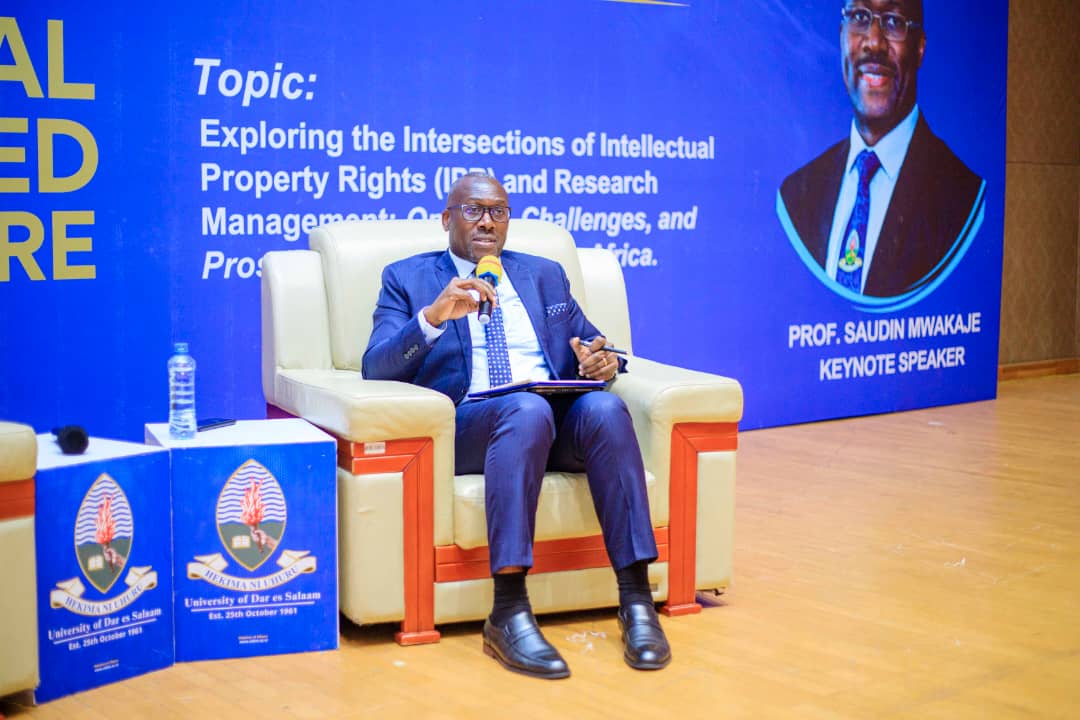
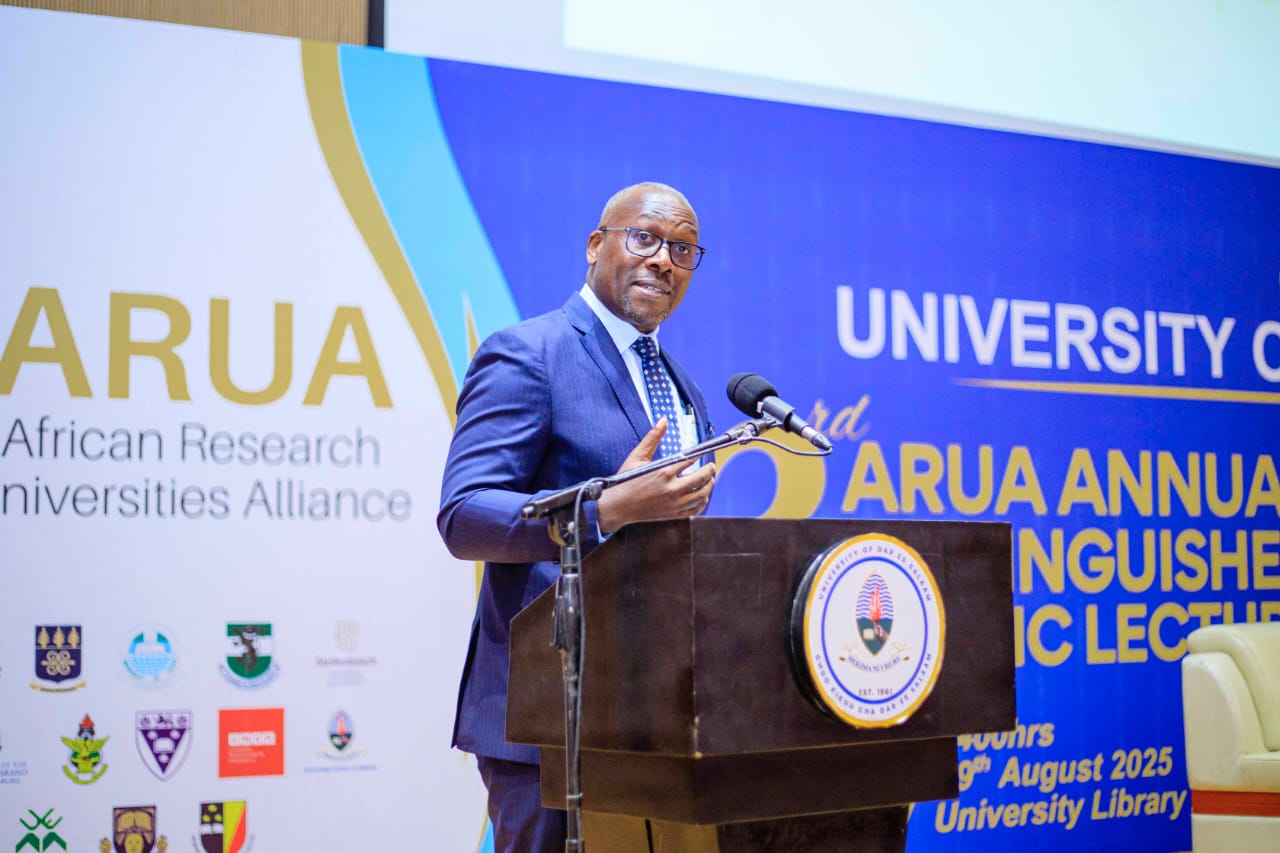
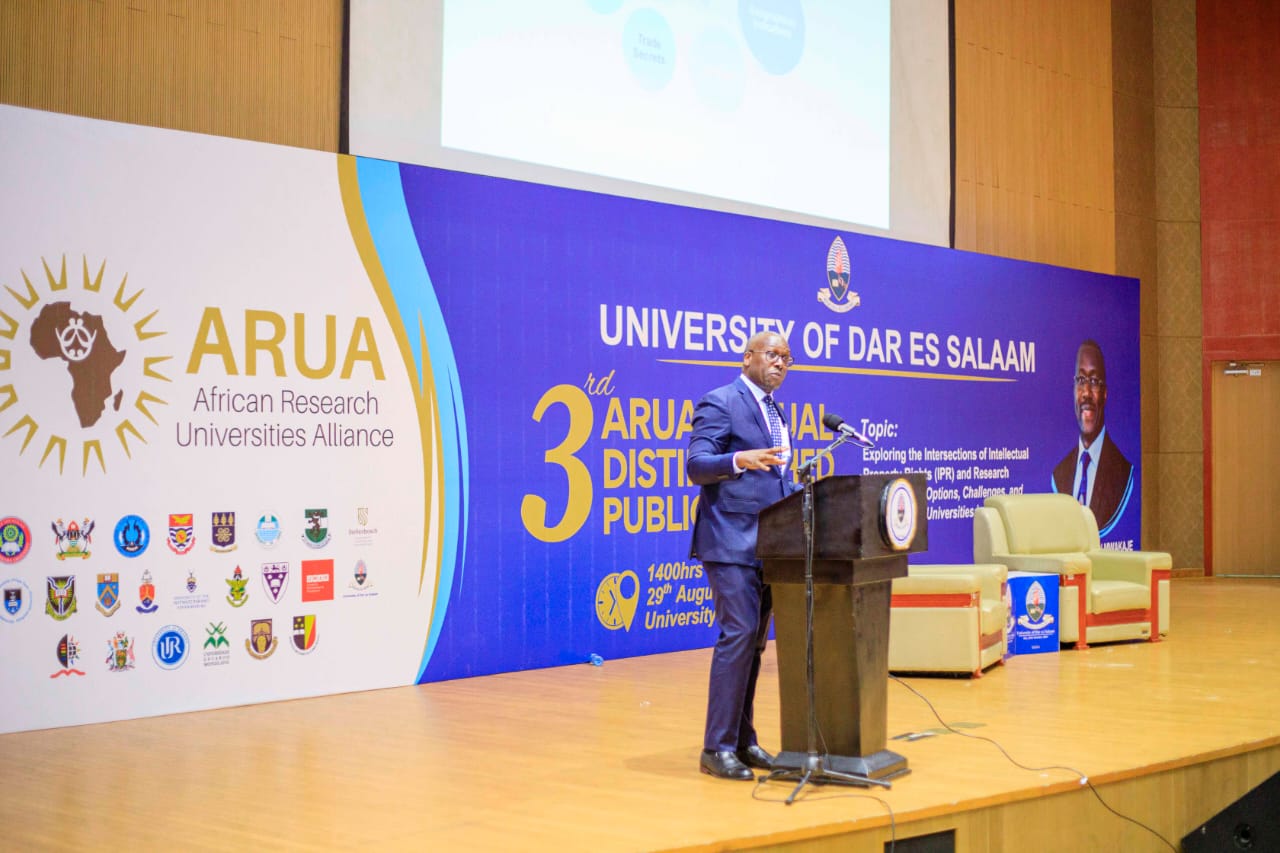
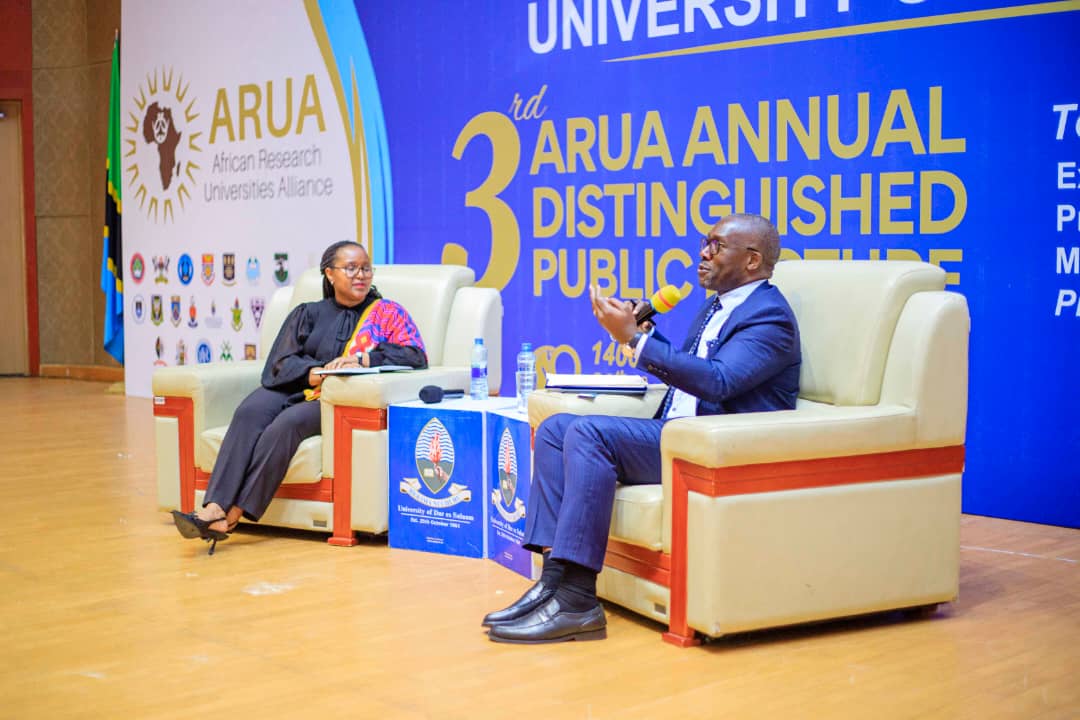


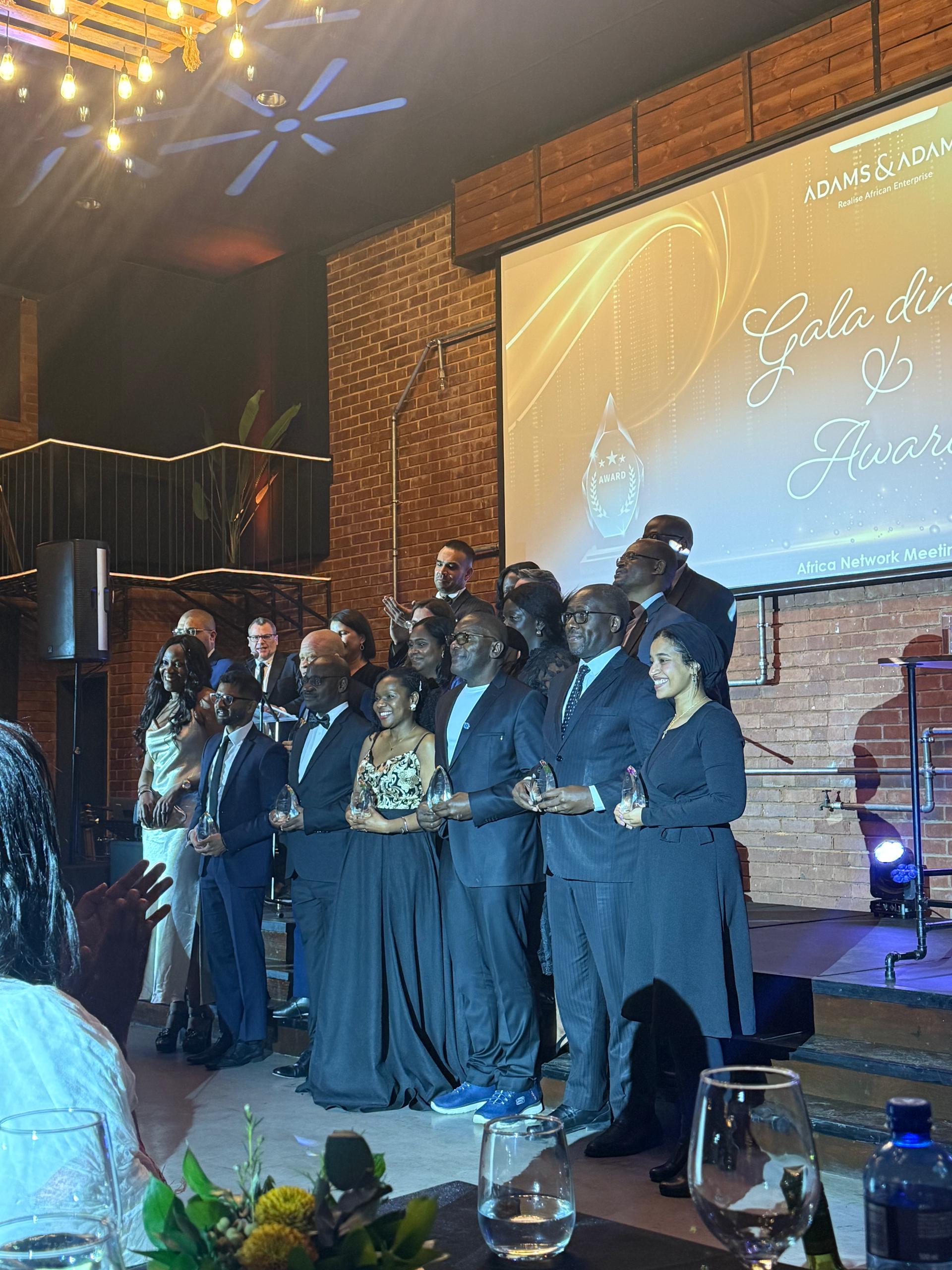
Leave A Comment